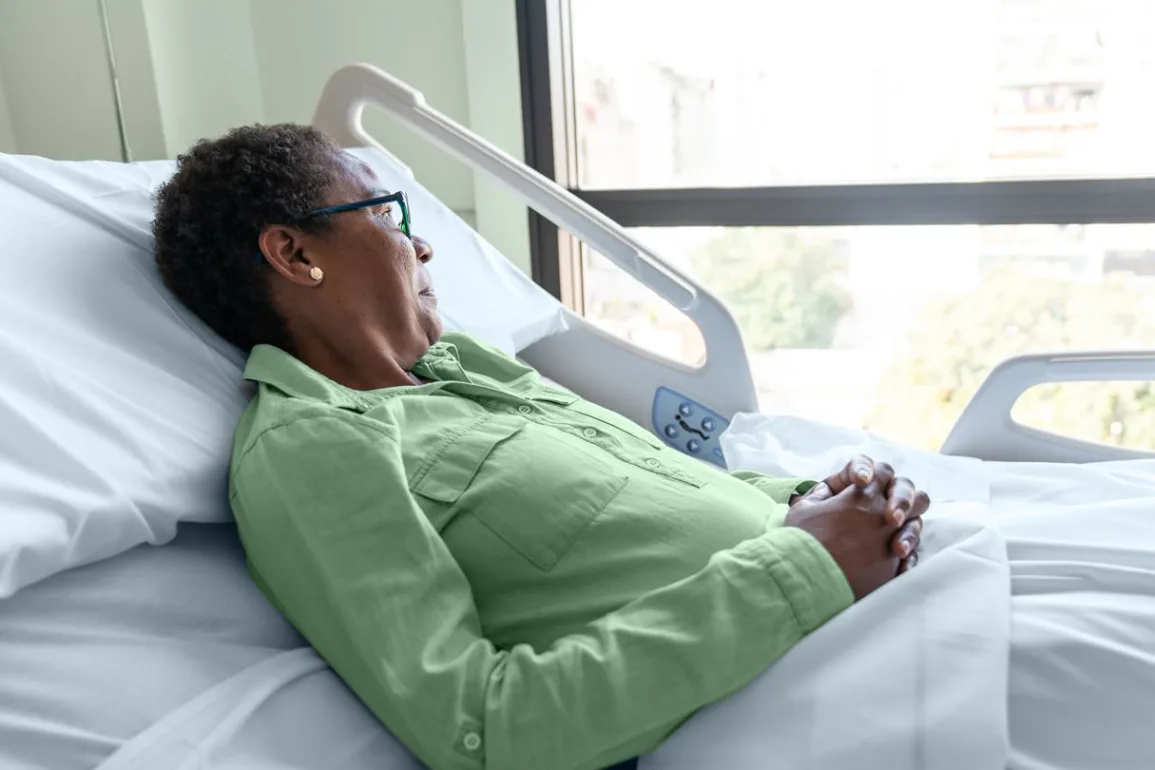
Inadequate Medical Care
According to a study, Black women are less likely to receive surgery at almost every stage of uterine cancer. The study also revealed that Black women with stage 1 uterine cancer had a higher risk of 30-day, 90-day, and five-year mortality than white women.
“When medical care is delayed, the cancer tends to be more advanced and may be less likely to respond to treatment, which likely plays a role in the increased risk of death for Black women with uterine cancer,” says Lisa Redden, MD, a medical oncologist at the University of Maryland St. Joseph Medical Center in Towson.
The study concludes that Black women with uterine cancer have lower survival rates because of a lack of evidence-based care, and suggests that racial disparities in healthcare may be a contributing factor.
Racial and gender disparities affect the quality of healthcare Black women receive in the United States. According to an article published in the Journal of Women’s Health in 2021, structural inequities both within and outside the healthcare system increase the burden of chronic conditions among Black women.
Reducing the Risk of Uterine Cancer
While there’s no known way to prevent uterine cancer, Black women can make lifestyle adjustments to lower their risk.
According to the Centers for Disease Control and Prevention (CDC), Black women can reduce their risk of uterine cancer with the following behaviors.
- Take birth control pills. Birth control pills can prevent certain reproductive cancers, per the National Cancer Institute. Women who have taken oral contraceptives have a lower risk of endometrial cancer than women who have never used oral contraceptives.
- Maintain a healthy weight and get regular physical activity. According to a review published in 2016, obesity is a risk factor for endometrial cancer among post-menopausal women. “Obesity increases estrogen levels, which uterine cancers can use to grow,” says Dr. Redden. In addition, physical activity has been shown to lower estrogen levels, boost insulin sensitivity, and reduce inflammation — all factors that can prevent endometrial cancer.
- Use progesterone alongside estrogen. Estrogen without progesterone can increase a woman’s risk of endometrial cancer if she still has a uterus, according to the American Cancer Society. To reduce this risk, it’s recommended that any hormone therapy with estrogen also involves progesterone.
Redden recommends that Black women get regular checkups. “Seeing a gynecologist regularly and discussing personal and family history of cancer can help Black women make sure they are getting recommended screenings for gynecologic cancers,” she says.
Talk with your doctor about uterine cancer prevention and understand that not all methods mentioned above, such as birth control, may be safe for your health.
Regardless of whether you’re pre- or post-menopausal, seek medical attention if you experience the following symptoms, which are commonly seen in uterine cancer.
- Abnormal bleeding between periods before menopause
- Heavy vaginal bleeding or light spotting after menopause
- Lower abdominal pain or cramping
- White or clear vaginal discharge (for post-menopausal women)
- Extended, heavy, or frequent vaginal bleeding if you’re older than 40
“It’s vital that Black women understand the early warning signs of uterine cancer and seek care early,” says Redden.
Increase Your Chances of Survival
Early detection is key to survival, because the earlier you start treatment, the better your prognosis.
“It’s important to see a primary care doctor and a gynecologist regularly, and talk with them about your personal and family history so they can guide you in understanding your personal risk of cancer, as well as any modifiable risk factors, such as diet, regular exercise, and more, that can help you prevent cancer or support early detection,” says Redden.
Black women already diagnosed with uterine cancers can increase their chances of survival with these actions:
- Start cancer treatments, such as surgery, chemotherapy, radiation therapy, immunotherapy, targeted therapy, or a combination of these treatments, as soon as you receive a diagnosis.
- Get genetic testing to know if there are mutations or variants in your DNA that increase your risk of developing uterine cancer.
- Adopt healthy lifestyle habits, like eating a balanced diet, maintaining a healthy weight, exercising, and not smoking.
- Seek educational resources and support from other Black patients and survivors. The Endometrial Cancer Action Network for African-Americans (ECANA) is an organization that provides education, support, community, and empowerment to Black women affected by endometrial cancer.


